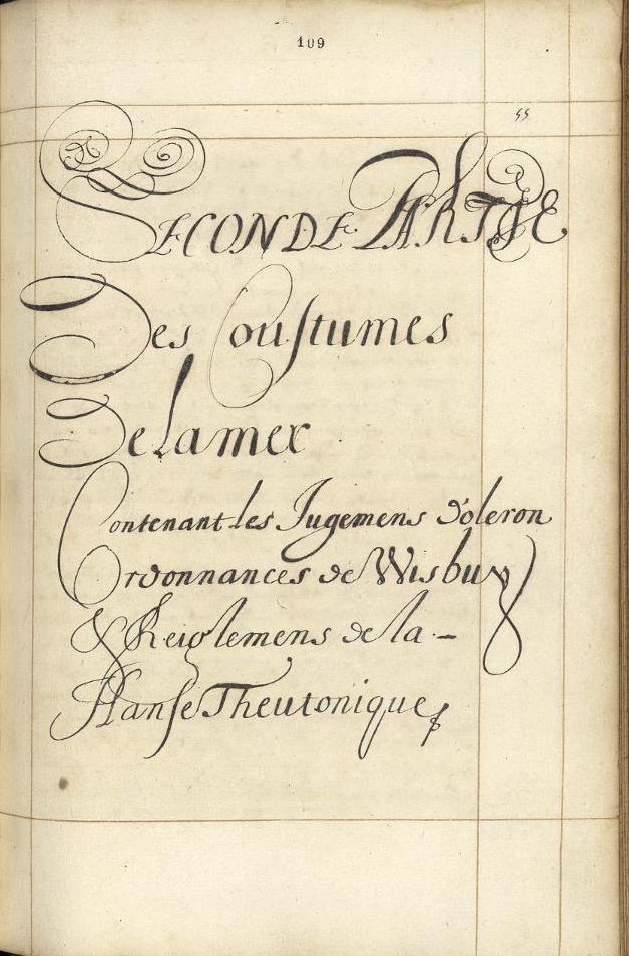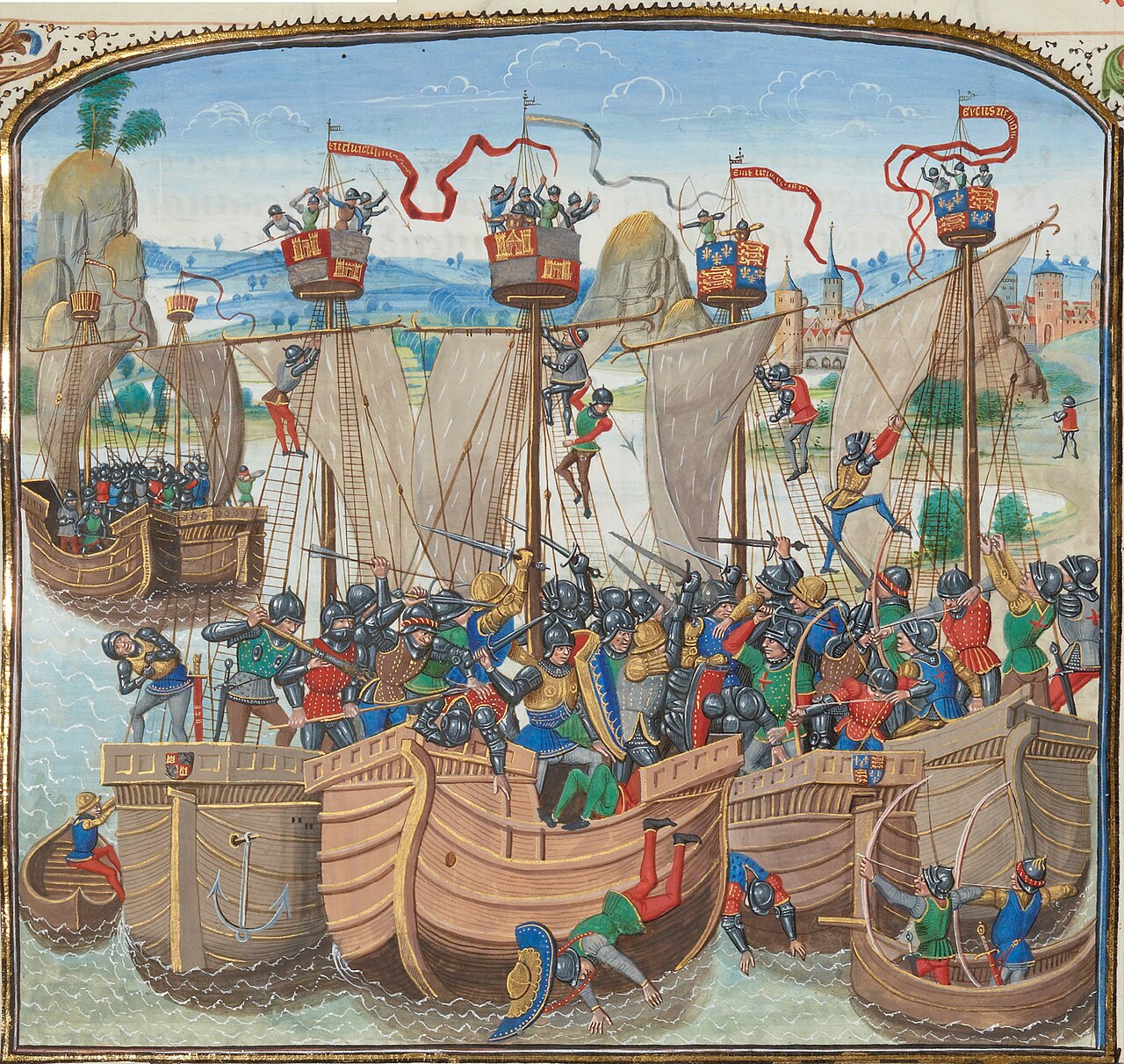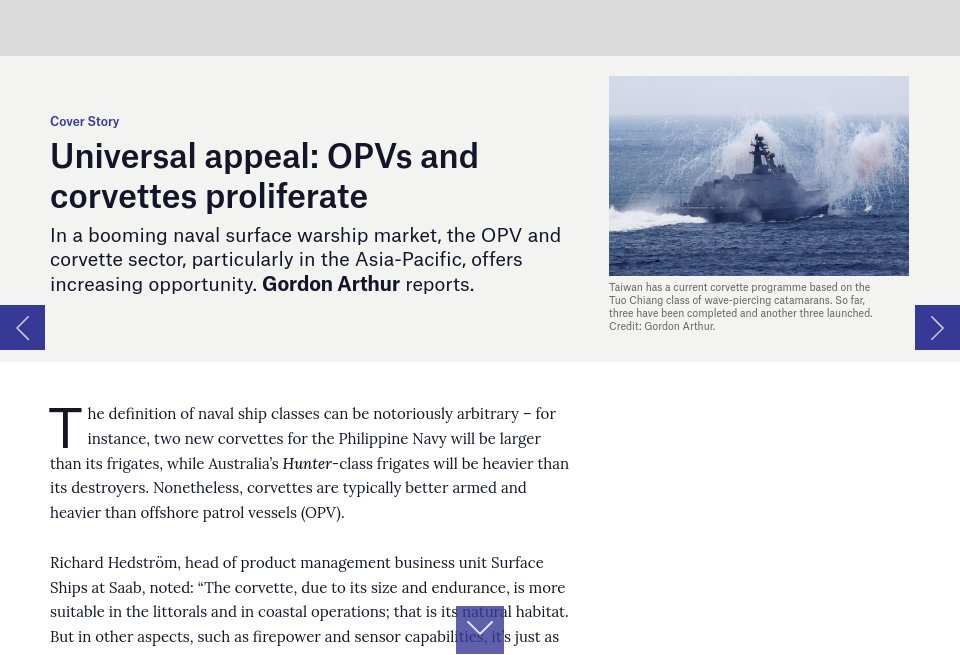A cautionary tale that should be studied by any project team assigned to an MCDV replacement project:
Civmec plans takeover of Luerssen Australia amidst OPV disarray - Naval News
Note the comment in the second last paragraph:
"The review took a dim view of the
Arafura class:
“The OPV is an inefficient use of resources for civil maritime security operations and does not possess the survivability and self-defence systems to contribute to a surface combatant mission."
What was to be a dozen pretty well armed ships, was cut to 6, and so watered down in capability they don't do anything well. Another example of why we should NOT look to Australia as a model of naval procurement.










